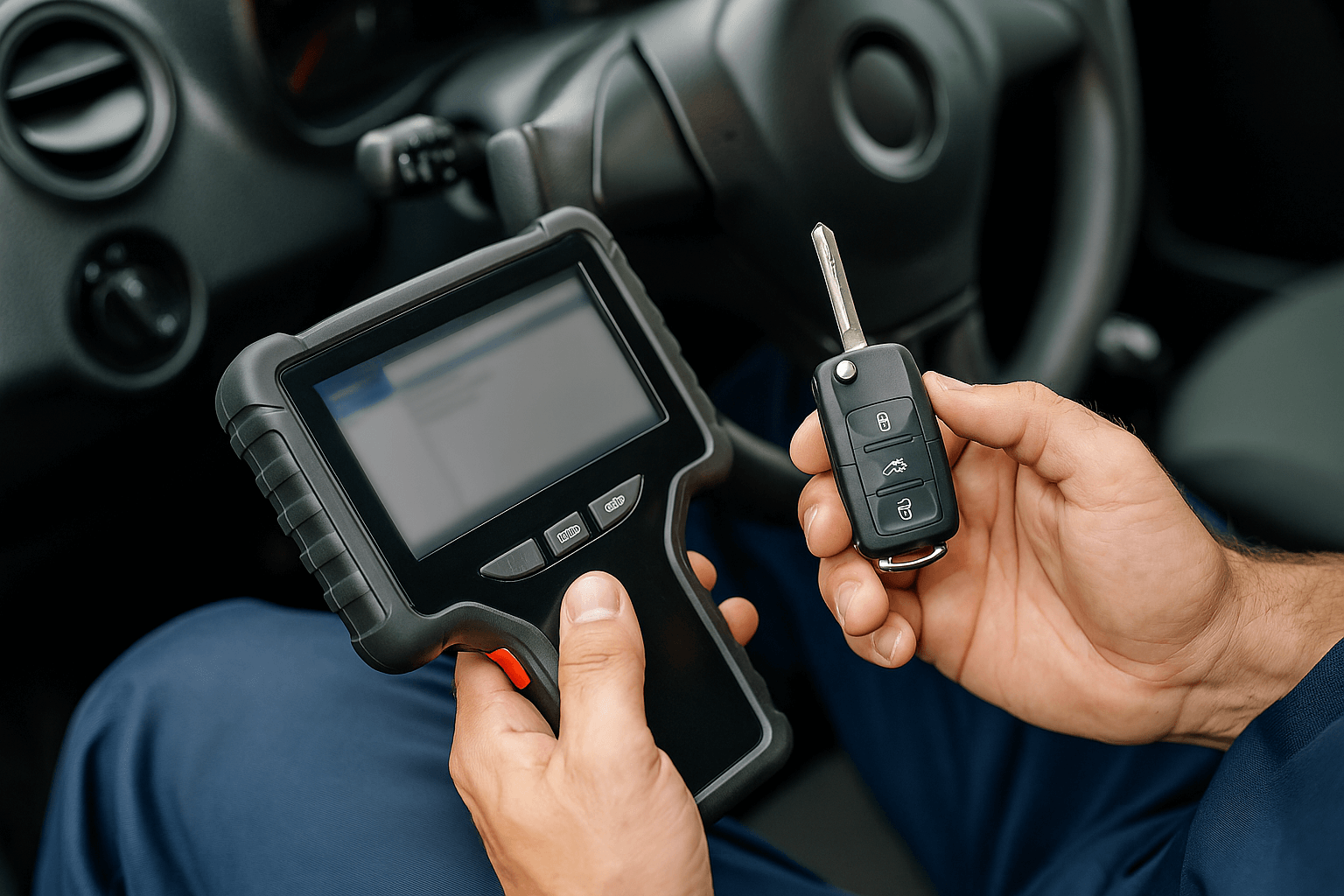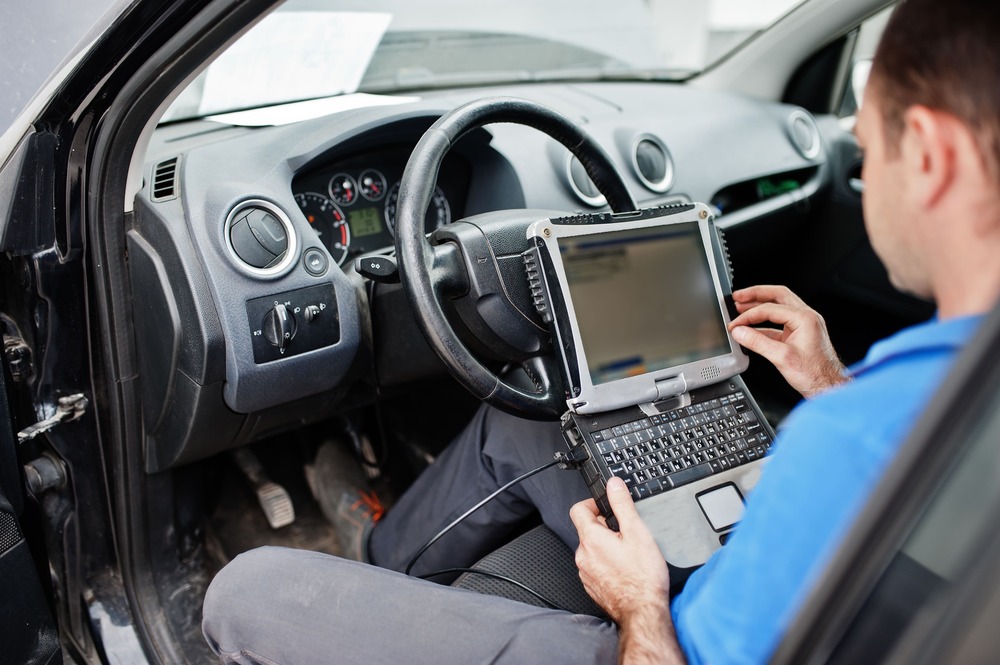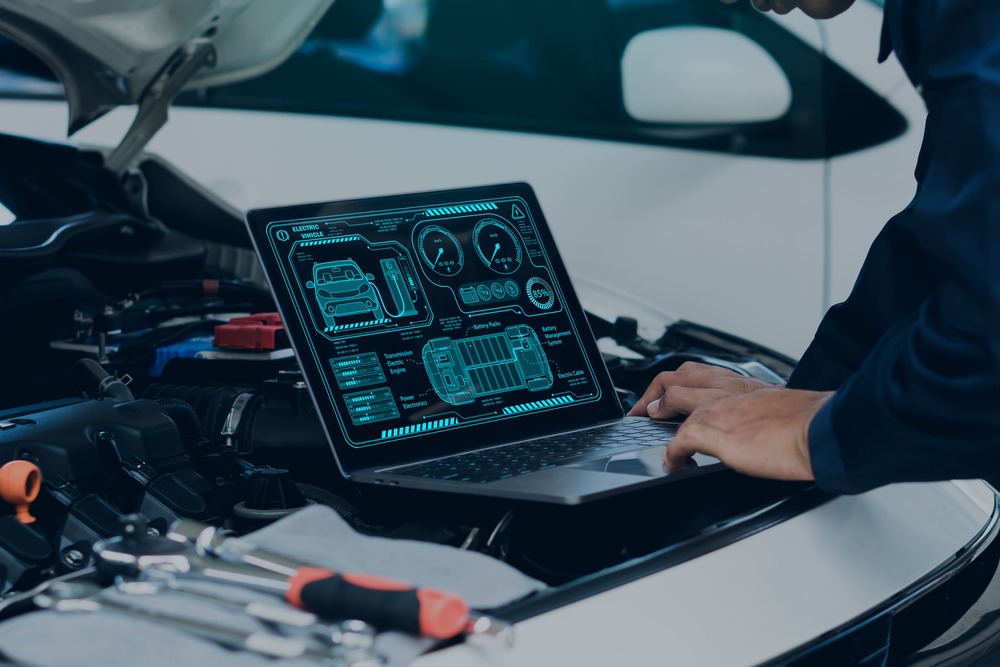The Role of Car Computers in Engine Efficiency
Modern vehicles heavily rely on computer systems, often referred to as Engine Control Units (ECUs), to optimize engine performance and efficiency. These computers play a pivotal role in managing and regulating a variety of engine functions, contributing significantly to fuel economy, emissions reduction, and overall vehicle performance.
Call (305)860-1440 For 24/7 Service
Key Functions of Car Computers in Engine Management
- Fuel Injection Control: Car computers precisely control the amount of fuel injected into the engine, optimizing fuel consumption and minimizing waste.
- Ignition Timing: ECUs adjust the timing of the spark plug firing, ensuring that combustion occurs at the optimal moment for maximum engine efficiency.
- Air Intake Management: By regulating the air flow to the engine, car computers help maintain the ideal air-to-fuel ratio for efficient combustion.
- Emission Control: ECUs help reduce harmful emissions by managing systems like the catalytic converter and the exhaust gas recirculation.
Impact on Engine Efficiency
- Improved Fuel Economy: By optimizing engine parameters such as fuel injection and ignition timing, car computers help vehicles use fuel more efficiently, reducing consumption and costs.
- Enhanced Engine Performance: Optimized engine control ensures that power output is maximized while maintaining fuel efficiency, leading to smoother and more responsive driving experiences.
- Lower Emissions: Advanced control over emission-related functions allows vehicles to meet stringent environmental standards, reducing the ecological footprint of driving.
Diagnostic and Optimization Techniques
- Real-Time Monitoring and Adjustments: Car computers continuously monitor engine and vehicle performance, making adjustments in real time to optimize efficiency and performance.
- Diagnostic Trouble Codes (DTCs): When an issue is detected, the ECU logs diagnostic trouble codes that can be read with an OBD-II scanner, helping technicians identify and address problems.
- Software Updates: Manufacturers often release software updates for the ECU that can improve engine management algorithms and fix known issues, further enhancing engine efficiency.
Challenges and Considerations
- Complexity of Systems: The increasing complexity of car computer systems requires specialized knowledge for troubleshooting and maintenance.
- Dependence on Software: The reliance on software for engine management means that bugs or software failures can have significant impacts on engine performance.
- Security Risks: As cars become more connected, the risk of cyber attacks increases, potentially compromising the performance and safety of vehicle control systems.
FAQ
Q: How often should the car’s computer system be checked? A: It is advisable to check the computer system as part of regular vehicle maintenance, typically every 10,000 to 15,000 miles, or as recommended by the manufacturer.
Q: Can updating the car’s computer software improve engine efficiency? A: Yes, manufacturers often release software updates that enhance engine control algorithms and can improve both efficiency and performance.
Q: What are the risks of modifying the software in car computers? A: Unauthorized modifications can lead to reduced engine performance, increased emissions, and can void vehicle warranties.
Q: How do car computers adapt to different driving conditions? A: Car computers adjust engine settings based on data from various sensors, such as those measuring speed, temperature, and altitude, ensuring optimal performance under varying conditions.
Conclusion
Car computers are integral to achieving and maintaining engine efficiency in modern vehicles. Through sophisticated control and monitoring of engine functions, these systems ensure optimal fuel economy, reduced emissions, and enhanced driving performance. Understanding and maintaining these systems is crucial for getting the most out of today’s vehicles.







